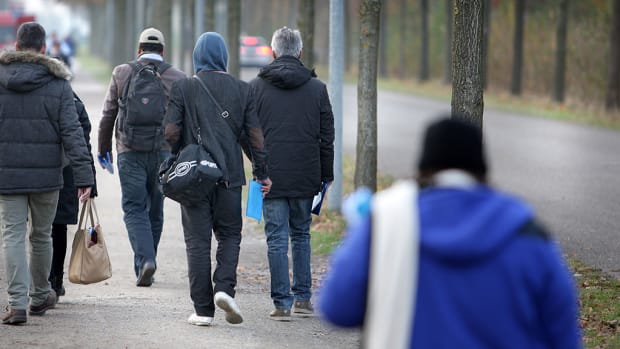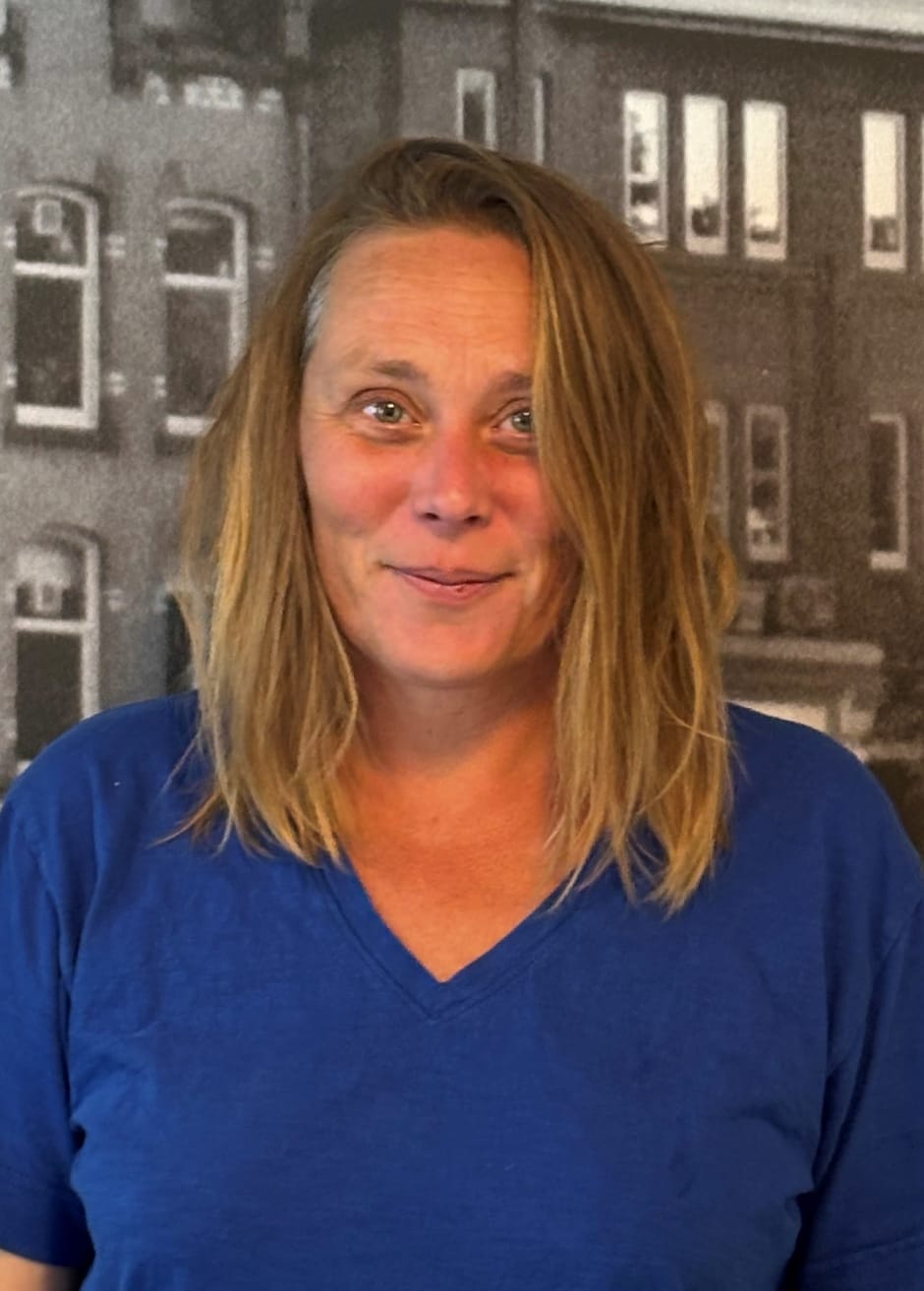
UvA research: support for asylum seekers around reception centres remains high
For more than ten years, UvA students social geography studied how residents of small villages and towns feel about nearby asylum seekers’ centres (AZCs). Surprisingly, despite the polarised migration debate, the willingness to accept asylum seekers among these residents remains high.
Long before the influx of refugees to the Netherlands increased significantly and the migration debate began, UvA social geography lecturer Aslan Zorlu wanted to investigate the attitudes of people living near asylum centres towards asylum seekers. It was 2012, and Zorlu noticed that many asylum seekers in the Netherlands were not being housed in large cities but in smaller towns and villages. Was there support among residents living near asylum seekers’ centres (AZCs) for the reception of asylum seekers?
Since then, UvA social geography students have regularly conducted fieldwork in small towns and villages near reception centres, such as Musselkanaal, Baexem, Burgum, Middelburg, Assen and Hoogeveen, to gauge support for the reception centres through surveys.
Unwavering support for asylum seekers
Back in 2017, Zorlu concluded, to his surprise, that residents living near asylum seekers’ centres were more positive than the national average. Since then, the number of asylum applications in the Netherlands has risen and the Dutch government has been formed by a coalition of parties that want to reduce migration. Is this reflected in the results of the UvA study, which has been running for thirteen years? Folia asked Inge van der Welle, a lecturer at the UvA who has been involved in the study since its second year, in the spring of 2025.

“Support for asylum seekers’ centres has remained very stable over the years,” says Van der Welle. “There is always a small group that is negative about it, but in general, support is positive or neutral. In the latter case, local residents respond along the lines of: ‘That’s just the way it is’ or ‘It doesn’t bother me’.”
And that is once again a surprising conclusion. Van der Welle: “You would expect opinions to have become more negative given the political debate of recent years and the abuses in Ter Apel, but that is not what we saw.”
Ter Apel
However, opinions on national asylum policy have changed in recent years. Van der Welle: “You can see that opinions are becoming polarised and negative. The situation in Ter Apel is influencing this.” Ter Apel is a registration location not far from Musselkanaal, which is not included in the study because it is not an asylum centre.
In the summer of 2022, residents of Musselkanaal witnessed first-hand how the registration location in Ter Apel became so overburdened that there were long queues for days and asylum seekers had to sleep outside. This was also highlighted in the UvA survey. Van der Welle: “In the situation in Ter Apel, people questioned the situation from a humanitarian point of view and the opinion was often: if this is what we can do, then we’d better not do it.”
At the beginning of April, the Social and Cultural Planning Office (SCP) also concluded in a research report that most Dutch people have a more nuanced view of migration than the media would suggest. It shows that a third of Dutch people want to close the borders to asylum seekers, while the largest group of Dutch people (58 percent) believe that the Netherlands has a duty to take in “genuine refugees”, i.e. people fleeing war and violence. 9 percent want to take in more asylum seekers than is currently the case. The SCP also concludes that over the past twenty years, Dutch people have become more positive than negative about the admission of asylum seekers.
According to Van der Welle, this also explains why respondents in Musselkanaal in 2024 were more negative towards asylum seekers than those in Assen in January 2025. In Musselkanaal, only 28 percent of respondents were positive about asylum seekers. In Assen, 59 percent were positive. Van der Welle: “That difference is purely due to the situation in Ter Apel. People are angry about that. However, it seems bigger than it is: the largest group in Musselkanaal was still neutral, with only about 15 to 16 per cent of residents expressing a negative opinion about the reception centre, slightly more than in Assen, where 11 per cent were negative.”
Closed door
Van der Welle does note that higher educated people, women and older people generally have a more positive attitude towards asylum seekers and are overrepresented in the research group. “Students go door to door and depend on who opens the door. There is always a group that is less inclined to participate in scientific research. In addition, the UvA has a reputation as a left-wing university. Things like that play a role.”
Residents were also less likely to open their doors than ten years ago. “We notice that it is now even more difficult to get people to cooperate. It may be that the subject has become even more sensitive. Young male students are also more often mistaken for salespeople or potential criminals. It doesn’t help that we moved the survey from the summer to January. That’s why we’re now using QR codes so that people can also complete the survey online.”



